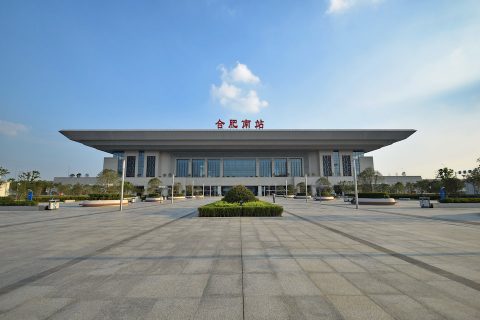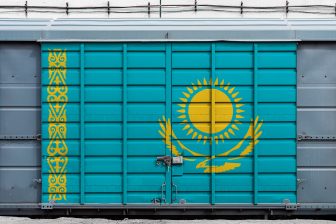
China-EU-US trade war worsens, is your export still allowed?
Hefei South station China
If you are active on the New Silk Road, you need to be aware of possible sanctions, as the list of sanctioned goods, persons and transactions is growing. Disagreements between China on the one hand, and Europe and the US on the other over human rights in the Xinjiang region are the main reason at the moment.
Do you want to read the full article?
Thank you for visiting RailFreight.com. Become a member of RailFreight Premium and get full access to all our premium content.
Are you already a member?
Having problems logging in? Call +31(0)10 280 1000 or send an email to customerdesk@promedia.nl.





